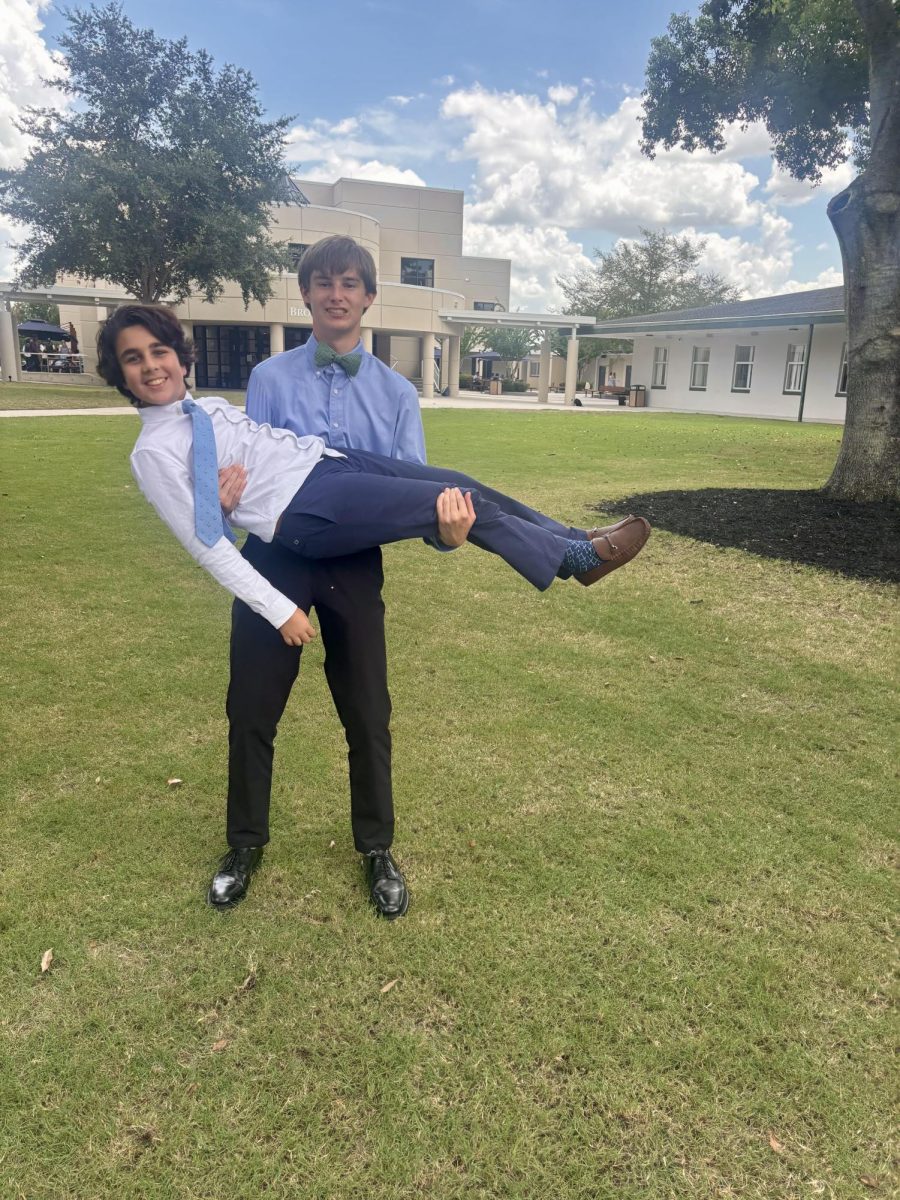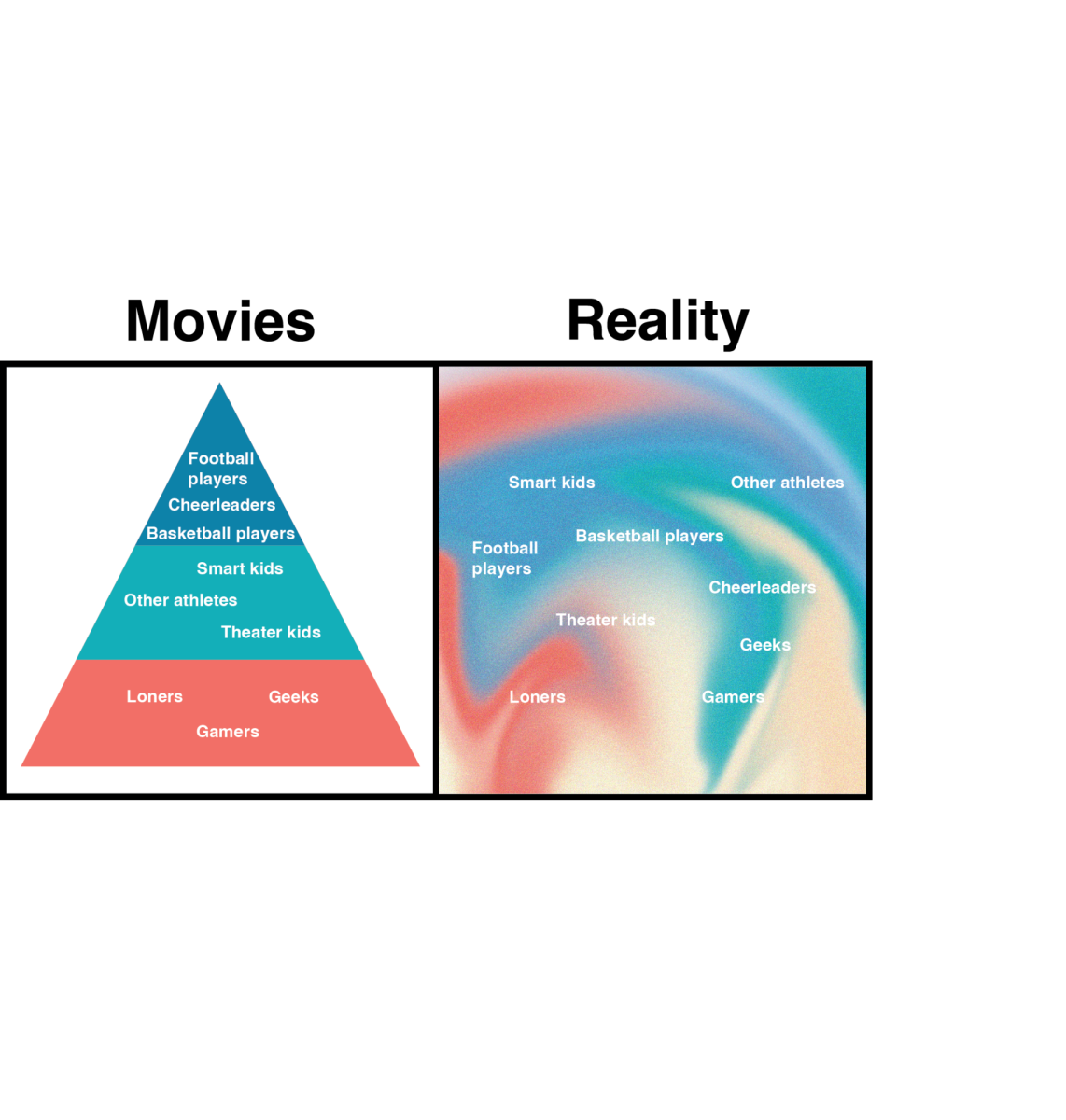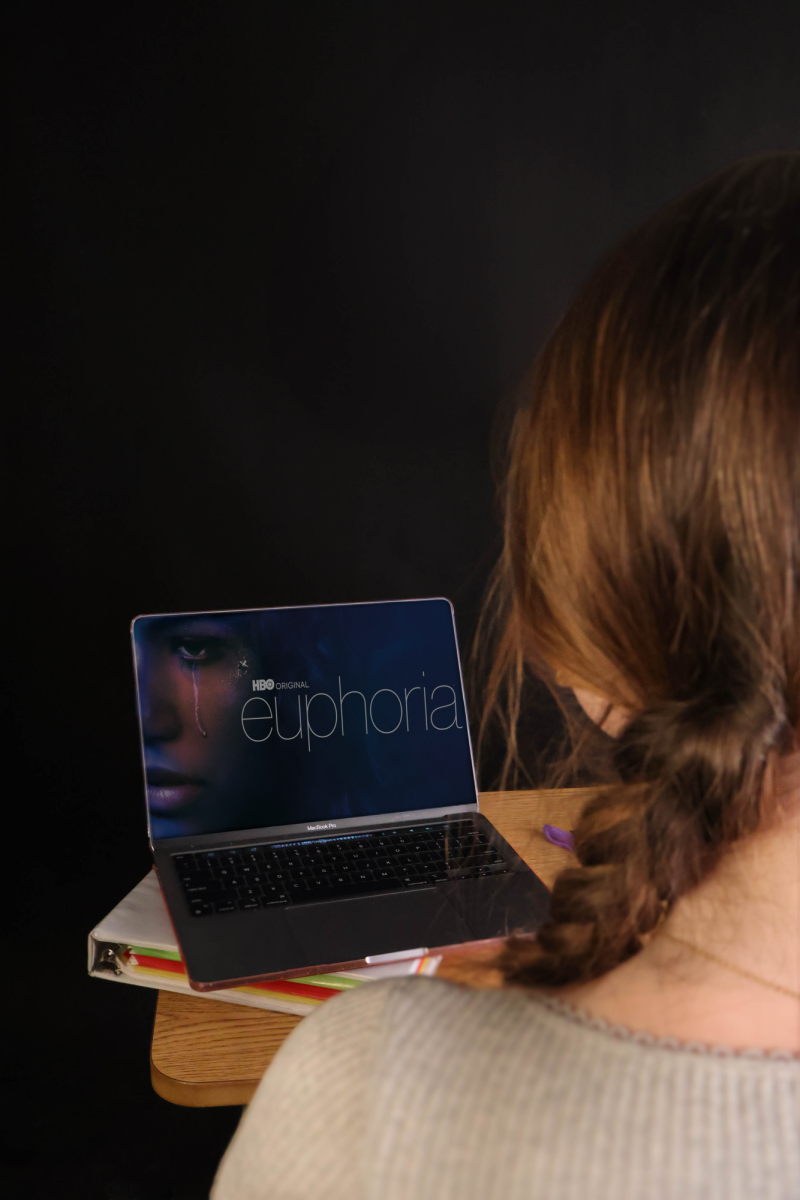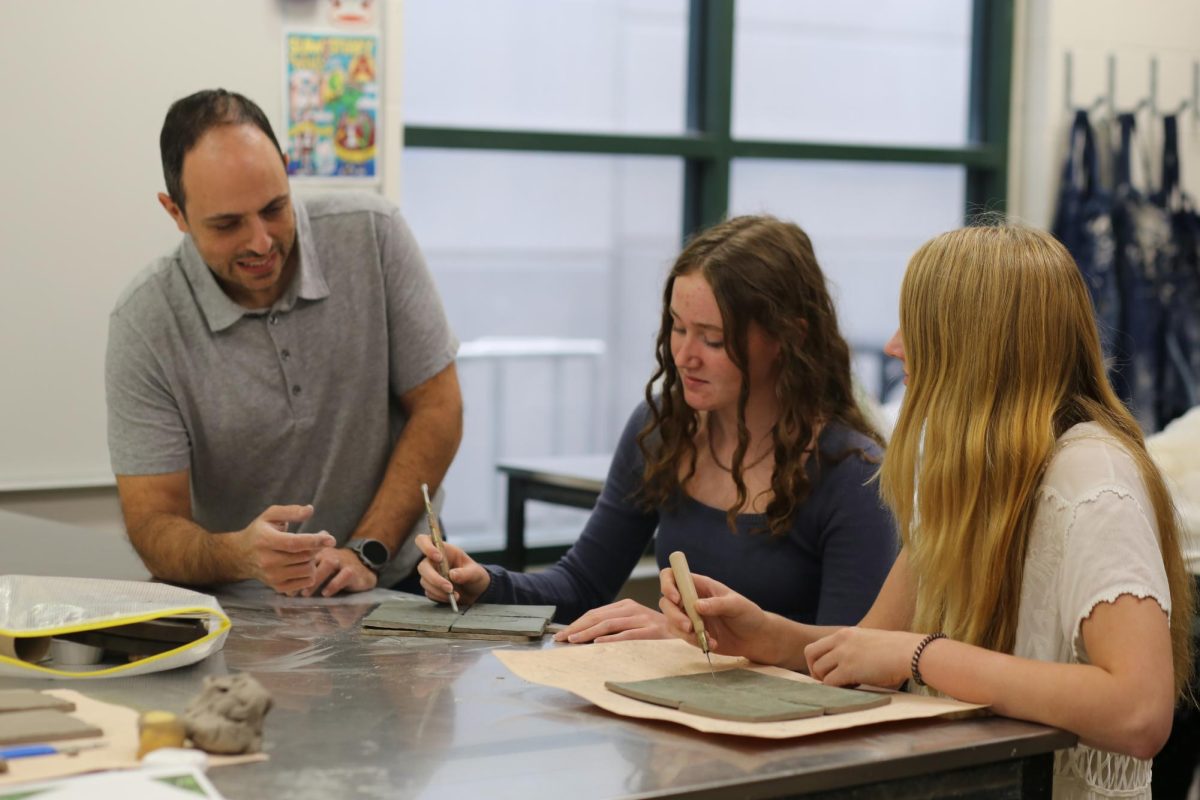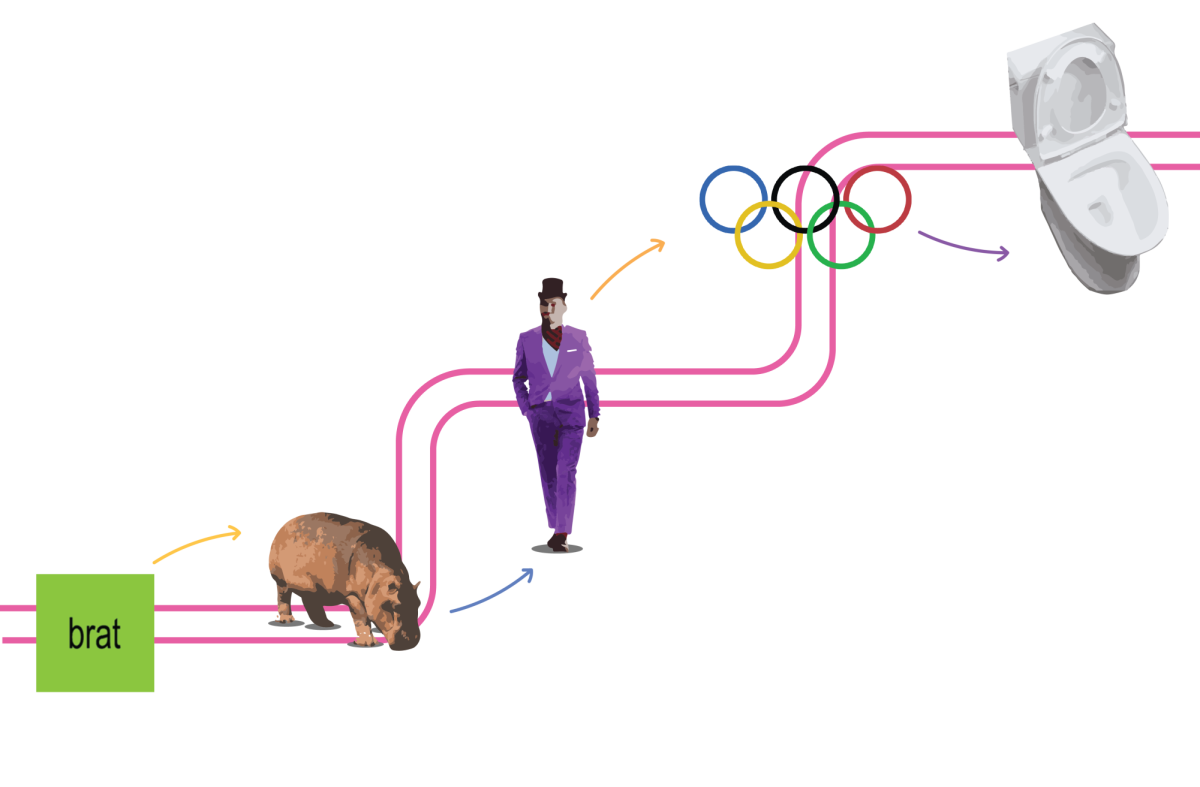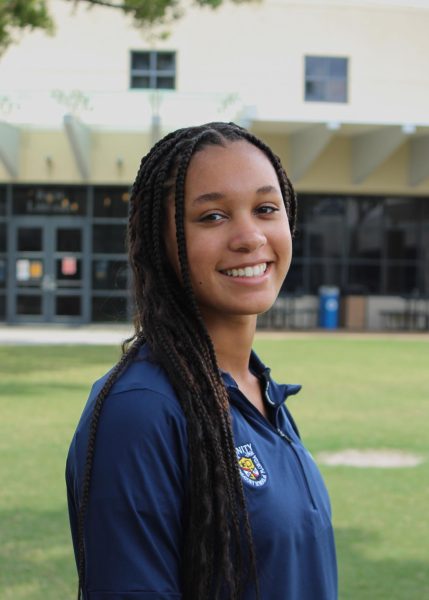Junior Alexandra Rubin hiked tirelessly for an hour and a half under the blazing sun. Navigating the eager crowds, jagged rocks and broken stairs made the journey feel perilous at times. However, the final view was all worth it to see the gleaming Parthenon in Greece.
The Trinity Prep Greece trip last summer was an opportunity for students to learn about historic monuments, the rich history of the country and eat new cuisine.
“It was another experience to be able to see it and really understand what life was like back then,” Rubin said.
Traveling for school trips gives students a break from everyday lectures in a hands-on learning experience. Reading about a concept and then seeing the technique performed allows students to grasp the concepts more effectively. Senior Sophia Taylor attended Art Basel in Miami with her class to learn about the different art concepts.
“Usually when you’re cramming for a test, you forget the information right after because you’re just reading something or just learning it for the test, so it’s harder to remember those topics long-term,” Taylor said. “These trips help a lot just because it allows me to remember all the art concepts that I saw.”
WYSE Travel Confederation showed that 57% of adults who took educational trips as children and teens attained a college degree or went on to do post-graduate work. 95% of adults who traveled five or more times were more likely to graduate from high school, and nearly 63% of that group went on to graduate from college. The school trips help students decide what they want to do later in life and the career path they want to take.
“They brought me a lot of new skills that I would not have gotten if I hadn’t gone,” Rubin said. “It taught me a lot about different cultures, and it really brought me closer with people I never thought I’d be friends with.”
While traveling, students are immersed in new cultures, languages, history and newfriendships that they can learn and grow from.
“The friendships that I made when studying abroad [with] students from New York and Florida were special; we became like a family,” Spanish teacher Maria Gavilanes-Schmitt said. “We depended on each other and the teachers were amazing. Everyone was so happy to be somewhere new.”
As well as creating friendships and bonds, students learn new life skills when adjusting to the lifestyle of traveling.
“Traveling gives you life experiences that require very little preparation time, things that happen unexpectedly and things happen when you travel,” Gavilanes-Schmitt said. “You don’t have your life planned out like when you’re in the comfort of your daily routines, so it teaches you to be prepared.”
Students do not have to travel across the globe; a simple class field trip like AP Art students going to Art Basel can be just as immersive and educational. There they had one-on-one experiences with the artists and studying their techniques.
“We did a street art tour and we got to meet a bunch of the street artists while they were painting their works on the walls and the buildings,” Taylor said. “That was awesome because usually when you see a piece of art, you’re disconnected from the artists themselves, but meeting these people allowed us to see the person behind the art.”
The class trips are not just for art classes but extend all the way to AP Literature classes. They took a trip to a local theater and saw “The Comedy of Errors,” the play they had just finished reading. Actually seeing the play acted out allowed the plot to be ingrained in Taylor’s mind. According to a University of Kentucky study, people remember 10% of what they hear, 20% of what they read, and 80% of what they see.
“I remember the storyline of that book so well just because we took that field trip and we got to see it live,” Taylor said.
Field trips provide life experiences, learning new cultures, new cuisines and new languages. Hands-on-learning is a way many students learn and school trips are a way that it is incorporated into their everyday school life.





